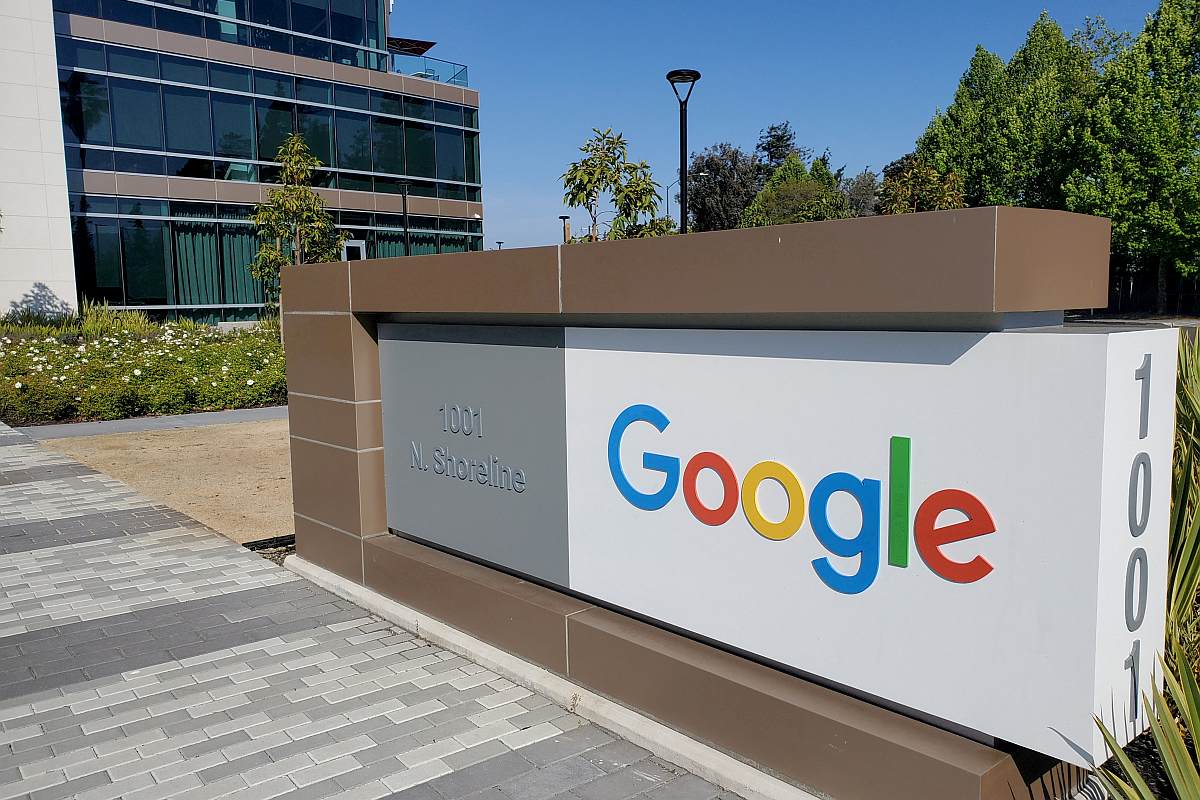Google, Meta Face New EU Online Rules to Curb Illegal Content
Alphabet unit Google, Meta and other large online platforms will have to do more to tackle illegal content or risk hefty fines under new Internet rules agreed between European Union countries and EU lawmakers on Saturday.
The agreement came after more than 16 hours of negotiations. The Digital Services Act (DSA) is the second prong of EU antitrust chief Margrethe Vestager’s strategy to rein in Alphabet unit Google, Meta, and other US tech giants.
Last month, she won backing from the 27-country bloc and lawmakers for landmark rules called the Digital Markets Act (DMA) that could force Google, Amazon, Apple, Meta, and Microsoft to change their core business practices in Europe.
“We have a deal on the DSA: The Digital Services Act will make sure that what is illegal offline is also seen and dealt with as illegal online – not as a slogan, as reality,” Vestager said in a tweet.
EU lawmaker Dita Charanzova, who had called for such rules eight years ago, welcomed the agreement.
“Google, Meta, and other large online platforms will have to act to better protect their users. Europe has made clear that they cannot act as independent digital islands,” she said in a statement.
In a statement, Google said: “As the law is finalised and implemented, the details will matter. We look forward to working with policymakers to get the remaining technical details right to ensure the law works for everyone.”
Under the DSA, the companies face fines up to 6 percent of their global turnover for violating the rules while repeated breaches could see them banned from doing business in the EU.
The new rules ban targeted advertising aimed at children or based on sensitive data such as religion, gender, race and political opinions. Dark patterns, which are tactics that mislead people into giving personal data to companies online, will also be prohibited.
Very large online platforms and online search engines will be required to take specific measures during a crisis. The move was triggered by Russia’s invasion of Ukraine and the related disinformation.
The companies could be forced to hand over data related to their algorithms to regulators and researchers.
The companies also face a yearly fee up to 0.05 percent of worldwide annual revenue to cover the costs of monitoring their compliance.
EU lawmaker Martin Schirdewan criticised the exemption granted to medium-sized companies.
“Under pressure from the conservatives, an exception rule for medium-sized companies was integrated, this is a mistake. Due to the large number of companies that fall under this definition in the digital sector, the exception is like a loophole,” he said.
The DSA will be enforced in 2024.
© Thomson Reuters 2022
For all the latest Technology News Click Here

